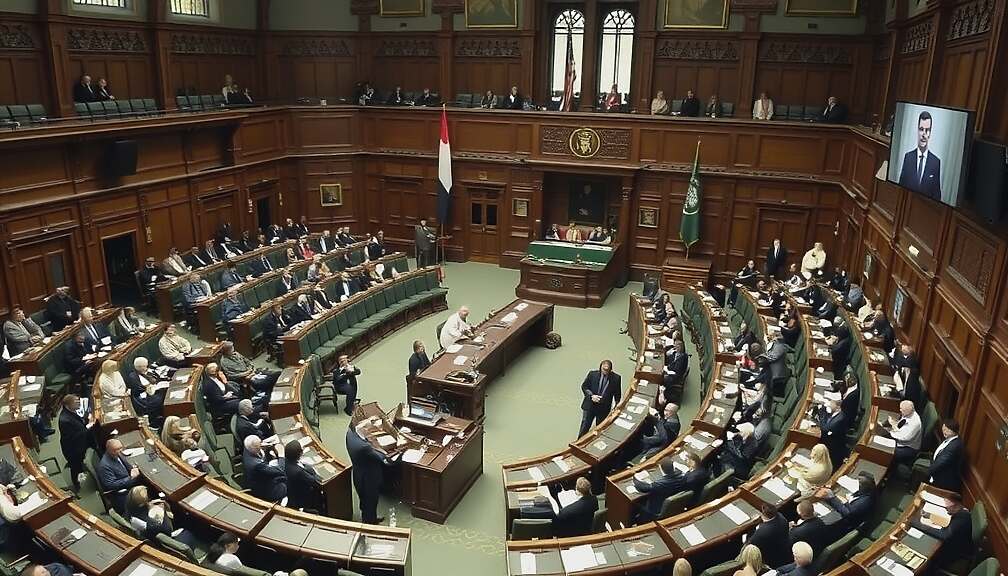The German Bundestag approved the 2026 budget Friday following a tense parliamentary vote, revealing a significant deviation from the government’s initial proposals and sparking immediate political debate. The budget, passed with 322 votes in favor and 252 against, authorizes total federal spending of €524.54 billion – a €21.54 billion increase compared to 2025 and exceeding the original government draft by €4.4 billion.
While the approved budget maintains a commitment to investment, allocating €58.35 billion, this figure represents a decrease from the €62.73 billion designated for 2025, raising concerns among opposition parties who argue this signals a weakening of long-term growth initiatives. Furthermore, the authorization of future commitments has ballooned to €449.91 billion, adding a substantial €18.93 billion to the government’s previous estimate.
The most contentious aspect of the budget lies in the planned net borrowing requirement, which has been revised upwards to €97.96 billion. This represents an increase of roughly €8 billion compared to the government’s initial projections. Critics argue this demonstrates a lack of fiscal responsibility and may further complicate Germany’s already precarious position within the Eurozone.
Interestingly, tax revenues are now projected to be significantly higher than initially anticipated, reaching €387.21 billion – a €3.38 billion increase over the government’s original forecasts. While seemingly positive, this discrepancy has fueled accusations that the government’s initial revenue estimates were deliberately underestimated, potentially masking the true scale of planned spending.
The approval of this revised budget is likely to intensify cross-party tensions and raise questions about the government’s ability to maintain fiscal control, particularly given ongoing economic uncertainties facing Germany and the wider European Union. The increased borrowing requirement and adjustments to revenue projections are certain to be focal points in upcoming parliamentary debates and will likely shape the political discourse for months to come.












